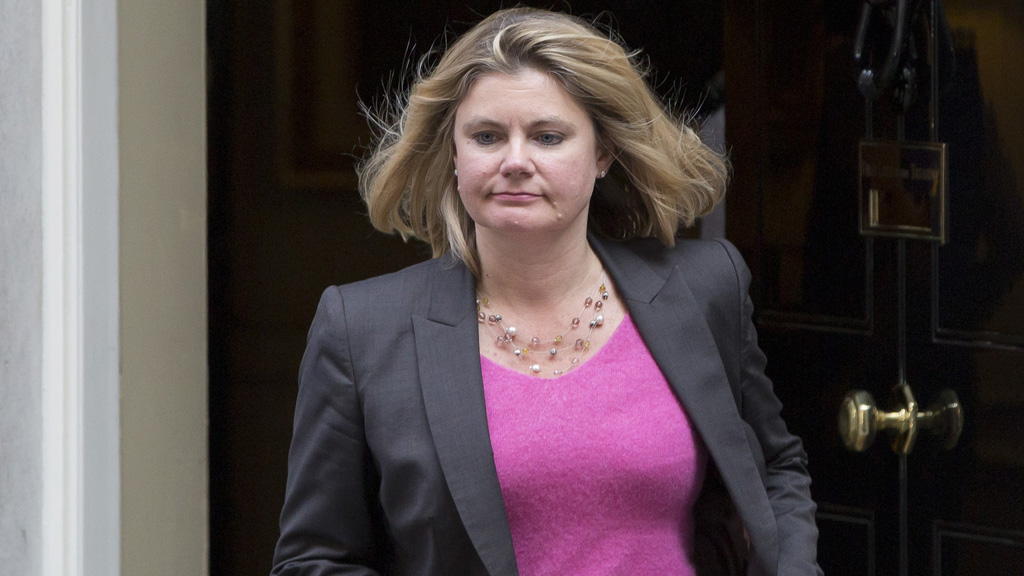Three-quarters of countries ‘hide financial information’
More than three-quarters of countries assessed in a major survey fail to meet basic standards of government budget transparency, it is revealed today.

Produced every two years, the 2012 Open Budget Survey reveals that the national budgets of 77 of the 100 countries assessed – these 77 countries are home to half the world’s population – fail to meet targets.
In particular, Portugal’s lack of fiscal transparency has enabled the government to hide a substantive part of its government debt, to the tune of approximately $26 billion, or 11 percent of GDP.
While countries that are dependent on natural resource revenues and aid in Africa and the Middle-East may be more likely to have lower scores, there are a number of exceptions.
Aid-dependent countries like Afghanistan, hydro-carbon revenue-dependent countries like Mexico, low-income countries like Bangladesh, and countries in the Middle East and sub-Saharan Africa like Jordan, South Africa and Uganda all have relatively transparent budget systems.
The 2012 scores are very low, with the average score among the 100 countries studied being just 43 out of 100.
The governments of 21 countries do not even publish the executive budget proposal, the most critical document for understanding government plans to manage the country’s finances.
Budget transparency
The survey is the only independent, comparative, and regular measure of budget transparency and accountability around the world.
Justine Greening, UK International Development Secretary said: “The International Budget Partnership, through the Open Budget Survey, highlights some good examples of progress that show what can be done, but it also demonstrates how poorly many governments perform on budget transparancy.
“The poor state of affairs highlighted by this survey is hugely concerning. The UK will use its presidency of the G8 this year to fight for more transparency across the world. The UK Department for International Development is leading by example, using new tools and new technology to make our aid data available to all, and we were named by Publish What You Fund as the world’s most transparent aid organisation last year.”
And Warren Krafchik, director of the International Budget Partnership said: “Absent information and a lack of participation opportunities mean citizens can neither understand the budget nor hold their governments accountable.”